Mills and Grinders
Cell disruption of microorganisms with mixer mills
Mar 07 2024
Cell disruption is frequently the method of choice to extract cellular components from bacteria, yeast, fungi, or microalgae and is carried out either chemically or mechanically. Mechanical methods are better suited for cells with tough walls, or if the chemicals might affect the extraction and therefore need to be avoided. A common and effective method is bead beating which uses beads to shear the cells in a suspension. Bead beating can be done on a small or large scale, using different types of vials and tubes. One way is to mix the suspension with beads and use a vortex mixer. However, this procedure is slow and inconsistent, especially with a large number of samples or long disruption times. A better way is to use Retsch Mixer Mills with adapters which automate the process, making it fast, efficient and reproducible.
The MM 400 processes up to 20 samples in 1.5 or 2 ml Eppendorf tubes without cross contamination which saves time for the operator. Additionally, an adapter is available to accommodate up to eight 50 ml Falcon tubes. The optimal bead size for cell disruption varies based on the cell type; for bacteria and yeast, glass beads ranging from 0.75 to 1.5 mm are recommended, while smaller beads within the range of 0.1 to 0.5 mm are more suitable for fungi and microalgae.
For DNA or RNA extraction, smaller single-use tubes up to 2 ml are ideal, whereas larger vials like the 50 ml Falcon tubes are well-suited for processing proteins or metabolites. The optimum bead beating parameters vary according to cell type. It may take some experimenting to find the best results. Usually, 30 s (most microalgae) to 7 min (yeasts in general) of bead beating are required to fully disrupt the cells.
More information online
Digital Edition
ILM 49.5 July
July 2024
Chromatography Articles - Understanding PFAS: Analysis and Implications Mass Spectrometry & Spectroscopy Articles - MS detection of Alzheimer’s blood-based biomarkers LIMS - Essent...
View all digital editions
Events
Jul 28 2024 San Diego, CA USA
Jul 30 2024 Jakarta, Indonesia
Jul 31 2024 Chengdu, China
ACS National Meeting - Fall 2024
Aug 18 2024 Denver, CO, USA
Aug 25 2024 Copenhagen, Denmark
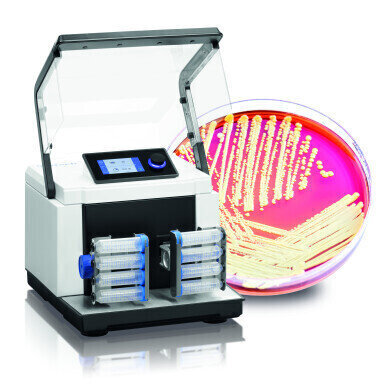
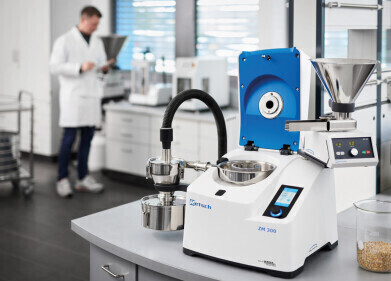
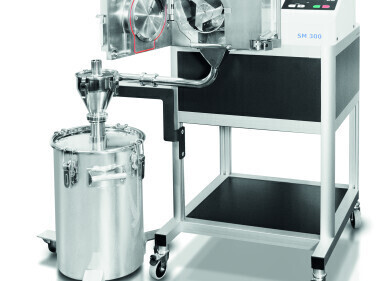
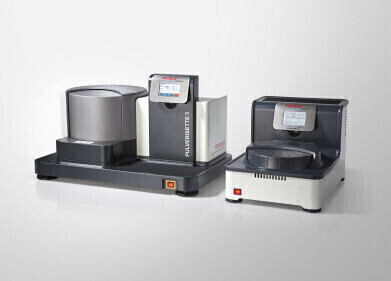
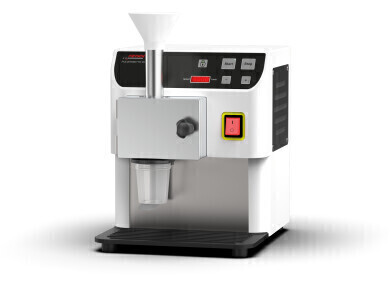
24_06.jpg)













